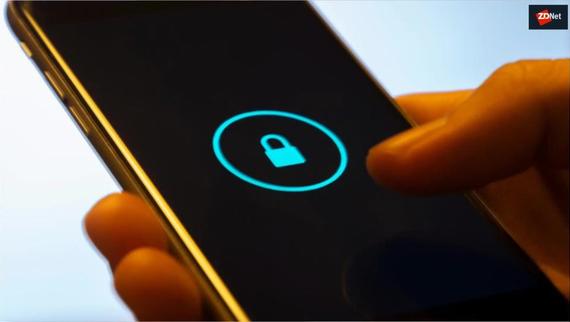VPN(Virtual private network) is a very useful technologically advanced platform that allows user to safeguard their identity and data while being active on the public network.
It acts as a bridge between your private connection and the online network. It uses a specific protocol to shield your traffic from the prying eyes of your internet service providers and other online users.
It is an easy-to-install and cost-effective solution that organizations or individuals basically use to restrict ISP tracking and maintain the privacy of their confidential data from hackers and spammers.
Mainly categorized into two types: remote access VPN for personal use and Site-to-Site VPN for organizations and groups with multiple users while meeting their professional or individual requirements.
To know about the best VPN in use, you can click here http://www.top10.com/vpn.
However, in the presence of an open network, there are possibilities of loopholes via an unsecured computer that could be an access point for data breaches and hackers.
To make your network more secure following recommendations should be considered to add safety and security while browsing.
Guard the entry point
The step is to authenticate the user who wants to access the private network. It could be via the traditional method like passwords or more effective and advanced ones like smart card access.
Though it is determined by the network’s infrastructure that you are using and what it offers regarding accessibility options.
Do not compromise on the encryption
Apart from individuals, most organizations use VPN for secure on-site or remote access to their network via an encrypted channel and a dedicated IP address.
So, a robust encrypted protocol is the backbone of any VPN platform, providing safety solutions catering to different security threats.
Restricted access is necessary
For safe and secure browsing, it is advisable to restrain users’ remote access from unguarded locations and put into practice the guidelines regarding the usage of the network too. For example, they can check their emails from a public network.
Do not overexpose your network
It is recommended that on one server selected files should be granted access instead of exposing your whole network.
Avoid Emails access on a private network
Your email account is more vulnerable to hacks and could be an entry point for unauthorized access.
To avoid any breach, limit the use of email entirely on a VPN platform for all the users.
Let’s go back to the first step
As passwords are still important in today’s virtual world, they must not be weak and must be strong enough to ensure no hacking. Also, keep them updated regularly.
Another guard
Antivirus, anti-malware, and anti-spam software will reduce the likelihood of viruses infecting your network and spreading to other accounts on the system.
Wait before you give access
Any weak system threatens the whole network. Therefore do not allow first-time users to enter the network without performing proper checks and verification.
One source of access only
Remote users may turn off the option to browse through a private network and instead use the public network due to sluggish internet speeds, undermining the purpose of VPN.
As a result, all user traffic should be routed through a single, secure network accessible via a written directive.
Say no to routers
Wifi routers are one of the most vulnerable equipment to hacking since they are built without security in mind.
As a result, when a user connects to the VPN network using a local wifi connection, the entire network is exposed.
However, users should be taught how to encrypt their routers with a key and personal firewalls to avoid this.
Follow Technoroll for more!






